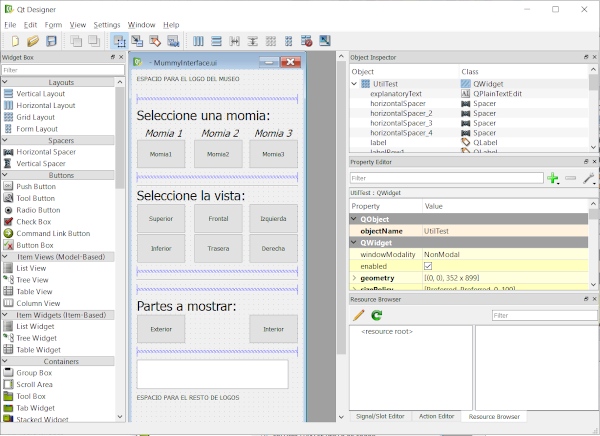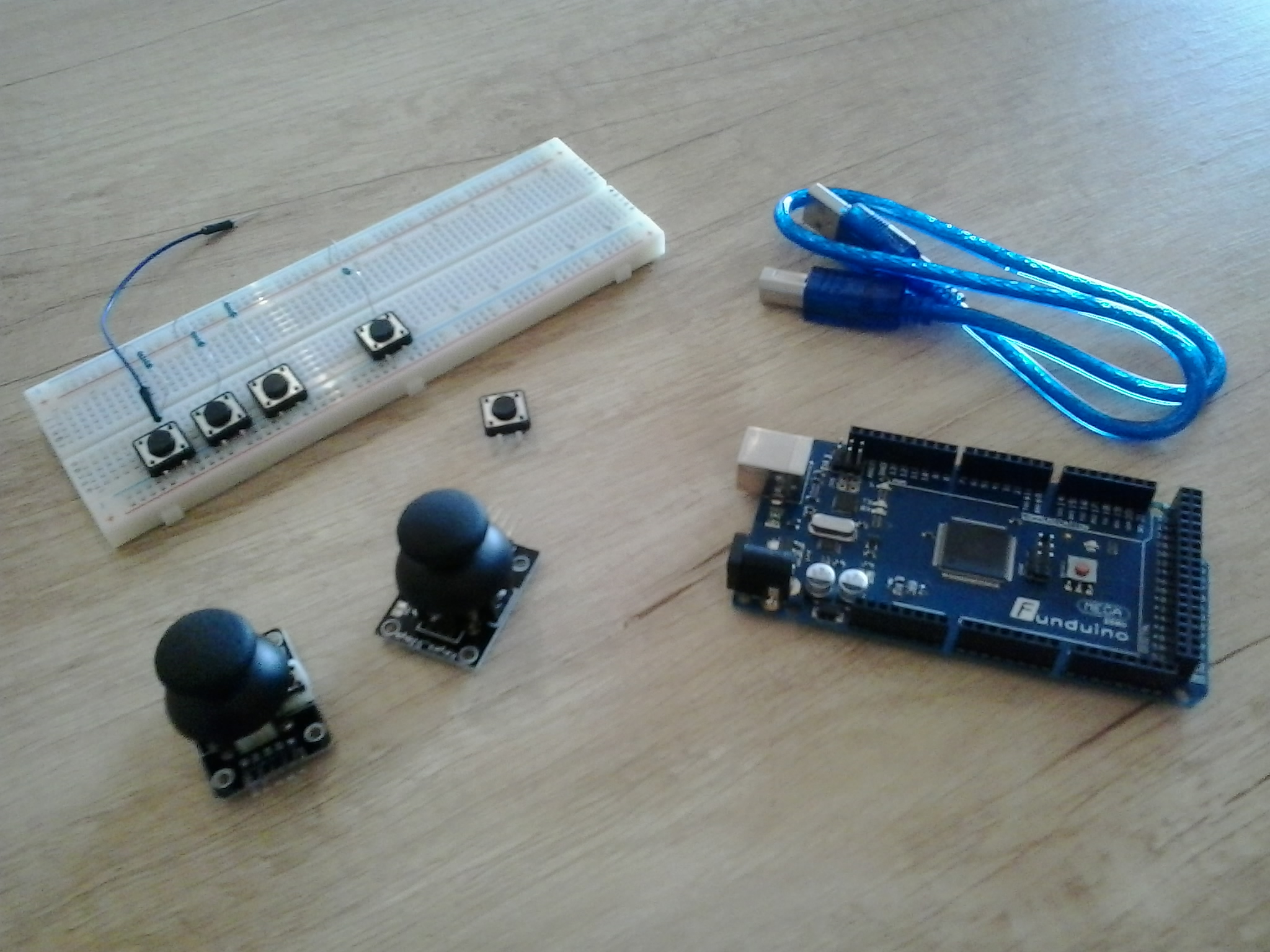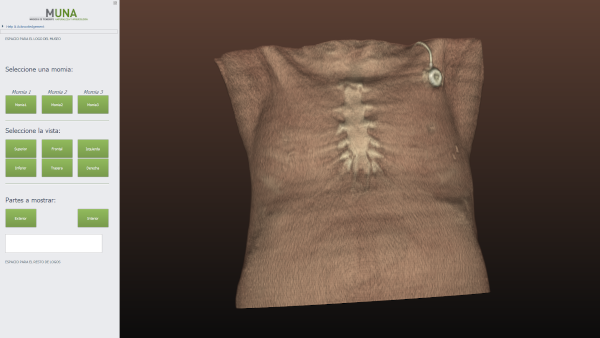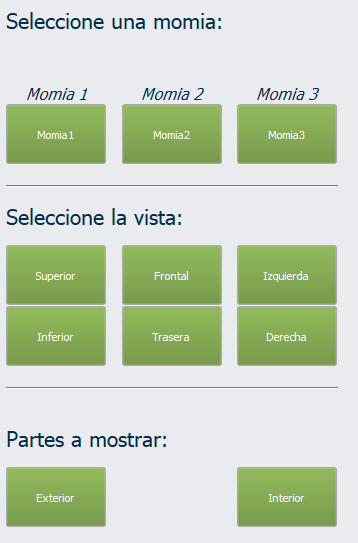 NA-MIC Project Weeks
NA-MIC Project Weeks
Back to Projects List
Customization of user interfaces for dissemination applications based on 3D Slicer
Key Investigators
- Guillermo Valentín Socorro-Marrero (University of Las Palmas de Gran Canaria)
- Abián Hernández-Guedes (University of Las Palmas de Gran Canaria)
- Nayra Pumar Carreras (University of Las Palmas de Gran Canaria)
- José-Carlos Ruiz-Luque (Instituto de Astrofísica de Canarias)
- Juan Ruiz-Alzola (University of Las Palmas de Gran Canaria and Instituto de Astrofísica de Canarias)
Project Description
This project aims at creating a minimal user interface oriented to museological environments. A 3D Slicer application will be implemented with the basic functionality and then its graphic user interface will be customized to a prescribed design. In addition, alternative input/output devices will be considered instead of the usual ones (keyboard, mouse and monitor). Therefore, we will work on the integration of hardware devices such as push buttons, a trackball, a gesture tracking device (Leap Motion), and a touch screen via serial communications. It is also intended to provide the system with 3D visualization capabilities using the SlicerVirtualReality extension.
Objective
- Define a methodology to customize the graphical user interface of applications based on 3D Slicer
- Combine 3D Slicer and PLUS facilities to integrate new input/output devices
- Include 3D visualization capabilities.
Approach and Plan
- Design a simple graphical user interface suitable for museological interfaces
- Implement the prescribed interface using a Python scripted module
- Integrate push buttons and a trackball connected to an Arduino-like platform in 3D Slicer using PLUS
- Use SlicerVirtualReality extension to include visualization in virtual reality glasses
- Integrate the Leap Motion.
Progress and Next Steps
- A very simple tailor-made GUI for the dissemination of aboriginal mummies in museums has been created, including spanish translation and the insertion of the museum logos and corporate colors
- The implementation of the graphic interface was complete creating a new custom application using the Slicer template. The whole interface has been designed to be easy to use and user-proof
- Performance issues were resolved from the first Slicelet based approach. Improvements include the avoidance of the redundant canvas of the Slicer instance running in the background and the loading of unnecessary modules and extensions
- A first strategy to connect Arduino platform to Slicer via PLUS Generic serial device was tested. The sending of commands from the Slicer to check the status of the actuators connected to Arduino was completed, while a robust and appropriate reception of the Arduino response has not yet been implemented.
Illustrations

Sketch of the interface.
 Arduino board with push buttons and trackballs.
Arduino board with push buttons and trackballs.

Interface prototype with translated texts and corporate image

Museum logo

Detail of the custom buttons